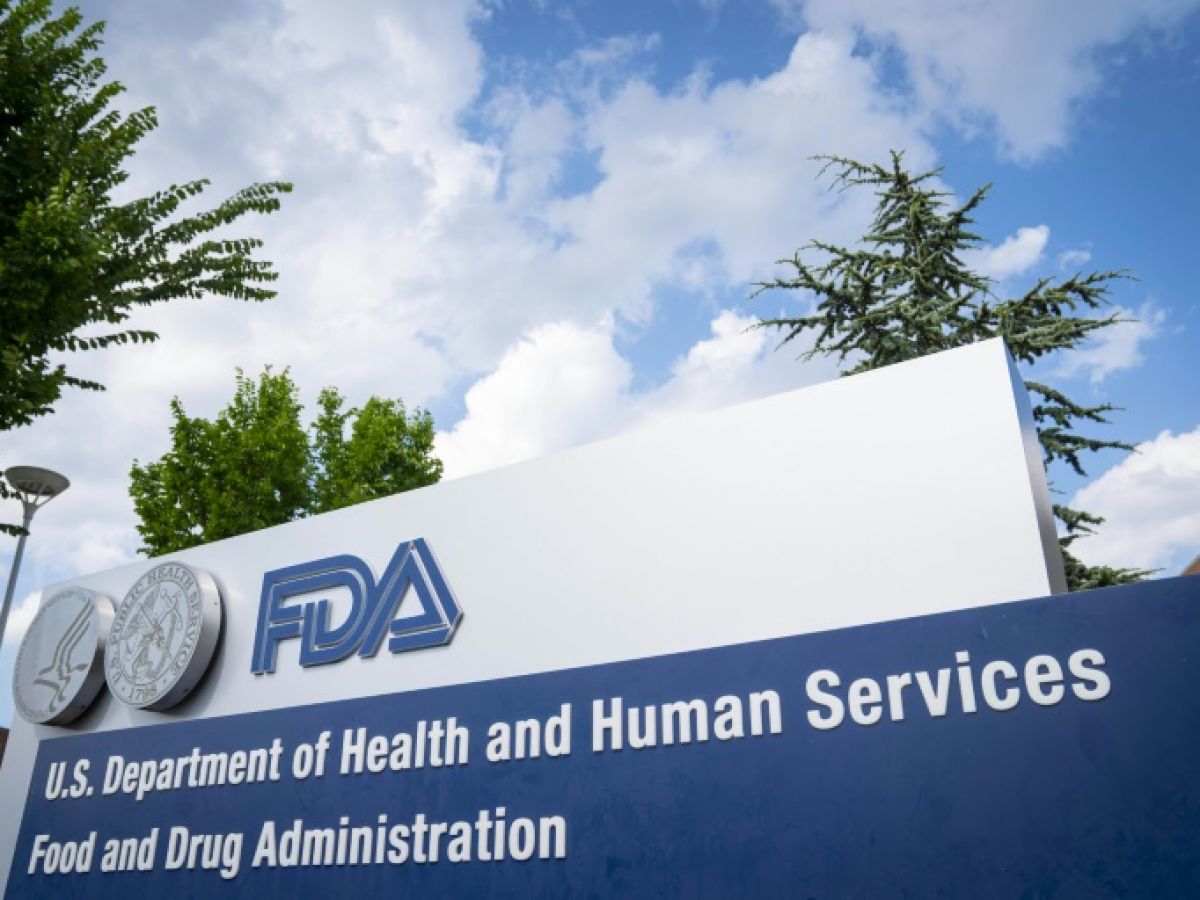The U.S. Food and Drug Administration (FDA) has refused to approve a treatment for post-traumatic stress disorder using MDMA, a drug known as ecstasy, according to a statement released on August 8 by the company that develops it, Lykos Therapeutics.
More data needed
The FDA says it cannot validate the treatment. based on data transmitted to date " and asked the company to " conduct an additional phase 3 trial » to obtain data on « safety and efficiency " treatment," according to the press release. MDMA is an illicit substance in the United States, so its approval for medical treatment would represent a major change.
The treatment, containing ecstasy, which is better known for its illegal recreational use, has been subject to several tests and its administration was accompanied by psychotherapy sessions. In June, an advisory committee of American experts, convened by the FDA, which often follows its advice, had vote against treatment, based in particular on one of the tests.
Just under 200 people participated in two similar clinical trials: half of the participants received MDMA (or midomafetamine) and the other half a placebo, during three eight-hour sessions, spaced several weeks apart and conducted in the presence of a therapist.
Read alsoWhy do only some people develop post-traumatic stress disorder?
Incomplete assessment
Participants who received MDMA had " appear to observe rapid, clinically significant and sustained improvement in their post-traumatic stress symptoms", according to the FDA, but the agency had criticized an evaluation " Complete "possible side effects. She also pointed out that, given the powerful effects of ecstasy, which affect mood and sensations, patients were largely able to guess whether they had received the treatment or a placebo, which could have influenced the results.
Post-traumatic stress disorder occurs after a traumatic event and affects approximately 51% of the American population. Those affected are at increased risk of suicidal behavior and substance abuse, among other things. Currently, there are only two approved treatments in the United States, and they are not always effective.
